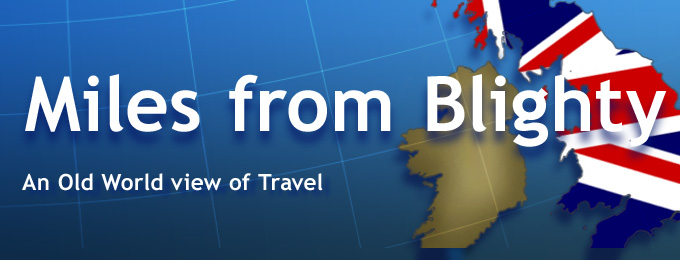Having not been in the USA for some weeks I am unsure whether or not the current outbreak of Ebola is getting much attention there. In Europe it is making the mainstream news, and (as always) the BBC World Service has been covering it for some weeks.
Ebola is a viral infection whose symptoms typically result in death. Infection is passed by contact with bodily fluids, and is passed to humans from monkeys or fruit bats. It is believed that transmission by sexual contact is also possible between humans, although coming in to contact with bodily fluids of the infected is the most common cause. The death rate for those infected is between 50% and 90%.
The current outbreak is in Guinea, Sierra Leone and Liberia. So far over 1,200 people have contracted the disease (with about 600 deaths), with some of the transmissions being the result of local practises. These include the local population who will re-open body bags of those who die from the infection and are returned for burial. Doctors are sometimes refused admission to villages in the false belief that they are spreading the disease.
Mali and Ghana identified cases which later turned out to be wrong.
However, in recent weeks doctors treating those infected have themselves become infected. The BBC’s latest coverage is available here.
And why do I think this is a threat to worldwide aviation. Well, Nigeria now has its first case, reported on 25 July. The Liberian national arrived in Lagos on 20 July, already infected. He was hospitalised and later died of the disease. He arrived in Nigeria by air.
I suspect that if there are many more air passengers leaving the infected region and turning up all over the world with the disease we are going to start seeing restrictions on air travel. In a world so clearly connected together by airlines, action by governments will be swift if a case gets to Europe, Asia or the USA.
The image above? An electron micrograph of the Ebola Virus. (Wikipedia).



Upon my return to Canada from Africa, I was specifically asked if I visited any of the countries you mentioned. When I said no and asked why , they mentioned Ebola. So it’s on the radar at least here in Canada.
This is a very serious threat. When politicians talk about containment and not treatment there is serious concern. The conditions a ripe for a pandemic with the combination of high infection rate and high level of distrust. The undertone of the store about the man who flew to Nigeria is that he likely knew he was infected but got on the plane anyway. This is the behavior which leads to rapid spread. Recently Sheik Umar Khan the leading doctor on Ebola in Sierra Leone died after contracting the disease after treated people there. The book Hot Zone is not too far off from what is happening now. It is unlikely to spread in the West because of our better isolation practices and trust in the medical system.
The current situation at a minumum is pushing african destinations down my list of near-term places to travel.
I was supposed to be working in West Africa earlier this year but that all got postponed. Having people drop in and out from isolate populations is not good for containing outbreaks like this. Personally, I am concerned that there is still so much access to aircraft and mobility in that region.